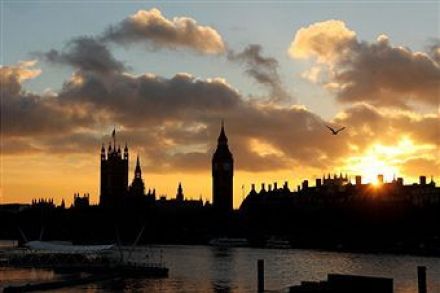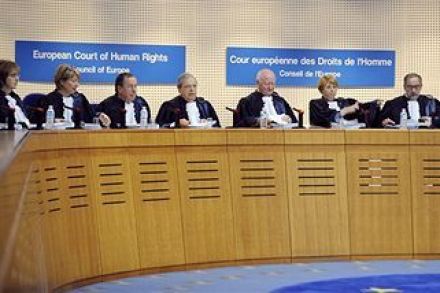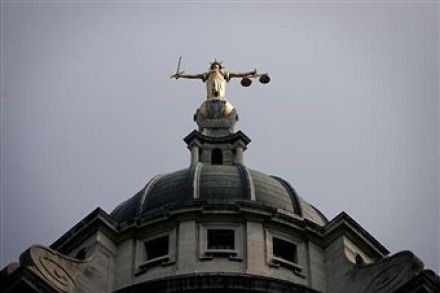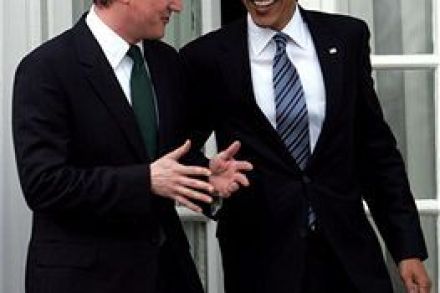And Ilsley goes too
Following the jury’s decision in the Jim Devine case, Eric Ilsley has been sentenced to 12 months in jail having pleaded guilty to charges of false accounting. As I wrote this morning, prison sentences for expenses offenders are both appropriate and constructive. They dictate that parliament should conduct itself with dignity and probity; and they express the absolute supremacy of the rule of law. It is right that those whose abuse of the expenses system was criminal are being incarcerated.































